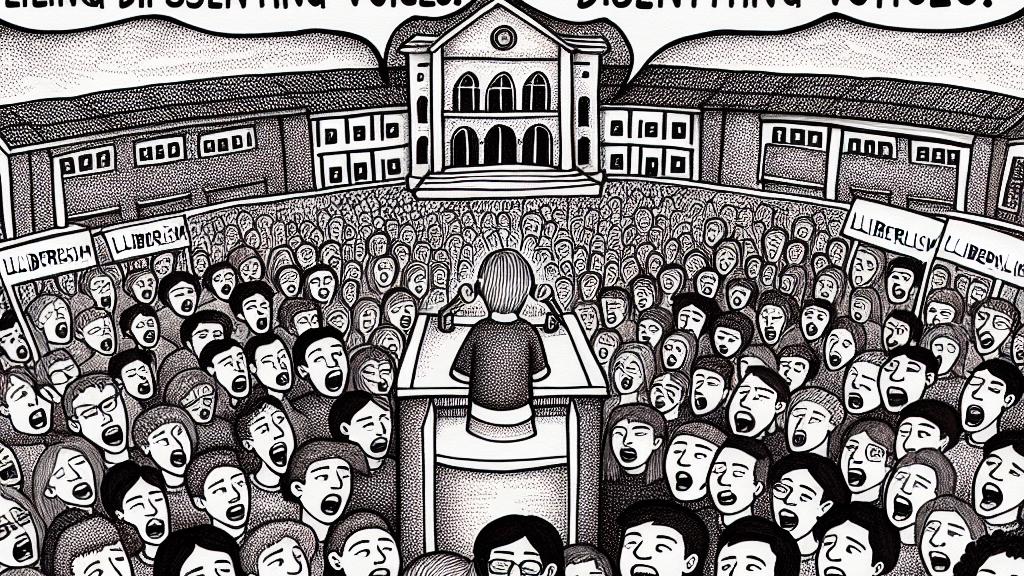Joseph Heath's 'Illiberal Liberalism': A Comprehensive Exploration
Overview
- Delves into the intriguing concept of 'illiberal liberalism' as articulated by Joseph Heath.
- Uncovers the perplexing contradictions that define progressive political strategies.
- Investigates the implications of shifting allegiances among young voters, reshaping political norms.

Understanding Illiberal Liberalism: A Paradox in Principles
In his thought-provoking analysis, Joseph Heath introduces the captivating notion of 'illiberal liberalism,' where advocates champion liberal values yet paradoxically employ strategies that contradict their core principles. This phenomenon is particularly pronounced among the passionate young progressives in the United States. For instance, these activists ardently fight for marginalized communities; however, they often resort to cancel culture against individuals whose views diverge from their own. A notable example occurred when a university invited a controversial speaker who was swiftly disinvited due to protests, illustrating the tension between advocating for inclusivity and suppressing differing opinions. Such actions starkly undermine the very pillars of liberalism—open dialogue and respect for diverse viewpoints.
Navigating the Contradictory Landscape of Politics
Heath compellingly argues that many of these young progressives seem to overlook the inherent contradictions within their political fabric. They often lean on the ambiguous interpretations of liberal doctrine to justify aggressive tactics, which, in effect, distances them from foundational liberal tolerance. The irony is striking: while they vocalize a commitment to acceptance and dialogue, they can simultaneously engage in silencing dissenting voices. For example, a well-known incident involved the public shaming of individuals who expressed disagreement on social media platforms. This behavior raises substantial concerns about their ability to recognize the dangers of extremism, as traditional liberalism relies on reasoned discourse, mutual respect, and an acknowledgment of differing opinions. Therefore, reconciling their fervent beliefs with a genuine commitment to the core values of liberalism—a framework that inherently rejects coercion—is a pressing challenge in today's political climate.
Electoral Politics: The Unfolding Impact of Illiberal Liberalism
The consequences of 'illiberal liberalism' resonate deeply within the realm of electoral politics, presenting a series of unforeseen challenges. Recent polling data unveil an alarming trend: young voters are increasingly gravitating towards populist candidates, such as Donald Trump, creating ripples of concern among traditional party loyalists. A striking example emerged in a recent Washington Post-ABC News poll, which indicated a ten-point lead for Trump among voters aged 18 to 29, showcasing a dramatic shift from previous elections where Democratic candidates dominated this demographic. This growing disenchantment suggests that young voters—historically regarded as core supporters of the Democratic Party—may not be as intrinsically aligned with liberal ideologies as many once presumed. Such shifts warrant immediate attention from progressive factions, compelling them to rethink outdated assumptions and innovate their strategies for engaging with a diverse, evolving electorate in a landscape where values are increasingly fluid.

Loading...